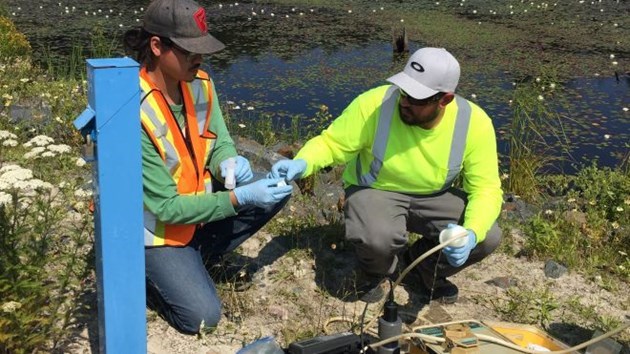Ottawa's proposed overhaul to the environment assessment process for big mining and energy-related projects threatens the investment climate in Canada, according to the C.D. Howe Institute.
The national policy think tank released a report that Bill C-69 is exposing the natural resource sector to unnecessary political risk.
With investment in Canada's resource sector already depressed, the Toronto-based institute said in a Feb. 21 news release, that the bill stands to congest the assessment process with "wider public policy concerns and increasing political uncertainty."
The report's authors said Canada is at a "a crossroads with respect to the future of major natural resource projects."
Grant Bishop and Grant Sprague are the authors of “A Crisis of Our Own Making: Prospects for Major Natural Resource Projects in Canada.”
The authors noted that planned investment in major resource sector projects plunged $100 billion between 2017 and 2018, the equivalent of 4.5 per cent of Canada's gross domestic product.
With adverse court decisions going against oil pipeline projects, specifically Northern Gateway and the Trans Mountain Expansion, the authors commented that the long timelines It will take to approve large projects will hurt Canada's investment attractiveness in mining and energy projects.
“The crowding of policy debates – for example, over Canadian policy for reducing greenhouse gas emissions – into project-specific determinations risks significantly prolonging the assessment process and exacerbating uncertainty for project proponents,” the authors said in a statement.
Among their recommendations are that the federal government provide clear criteria for assessing projects consistently and in a timely manner, and that federal regulators like the National Energy Board continue to lead these assessments.
Consultation with Indigenous people has to be more consistent, they said, to satisfy a decades' worth of case law on the duty to consult.
“Many projects in Canada have faced environmental assessments that take much longer than in comparator jurisdictions,” said Bishop and Sprague.
“Canadian timelines for mining projects are substantially longer than in Australia, and Canadian pipeline approvals are protracted relative to those in the United States.”




